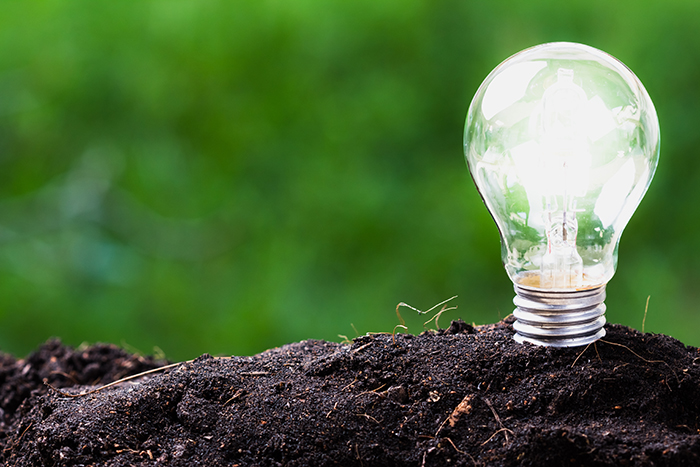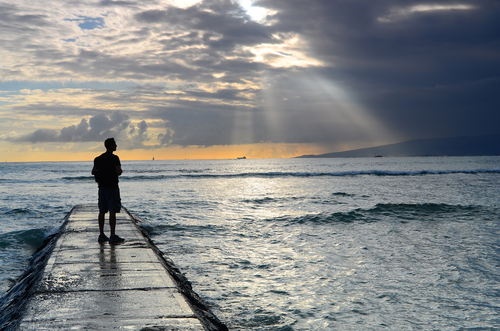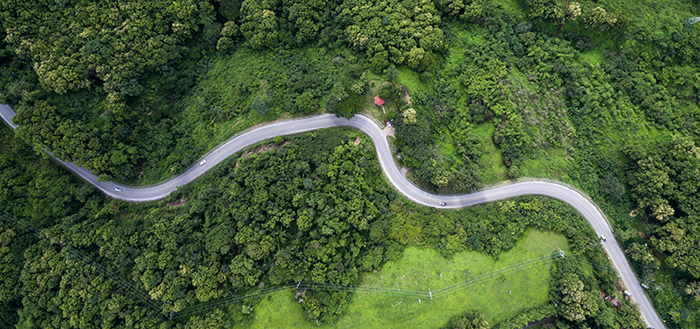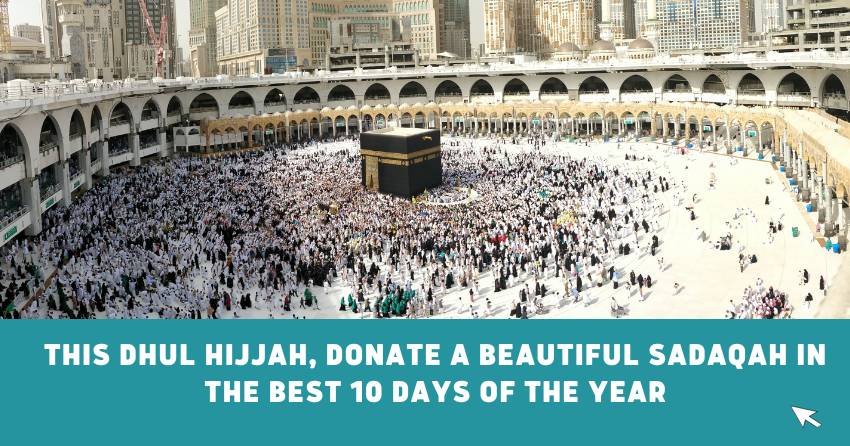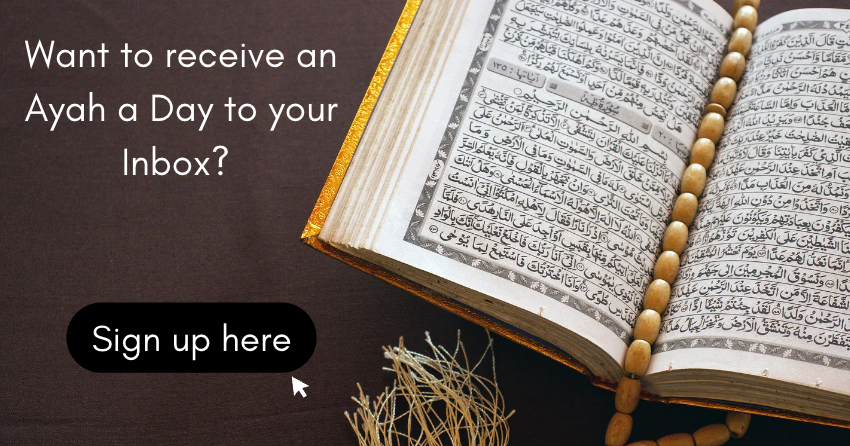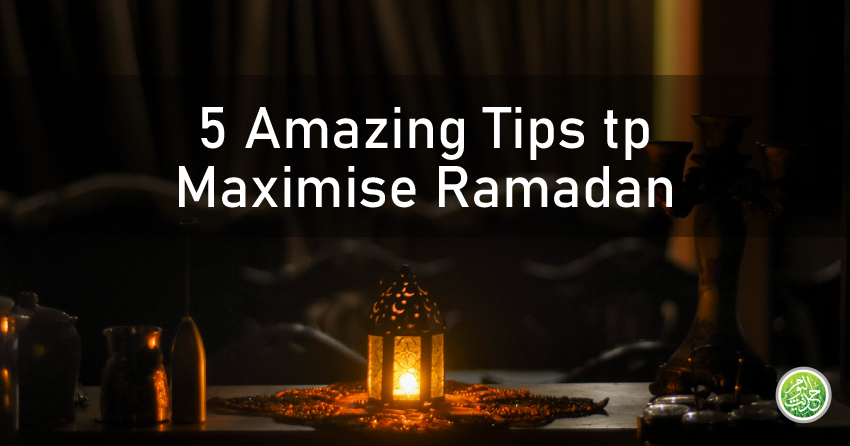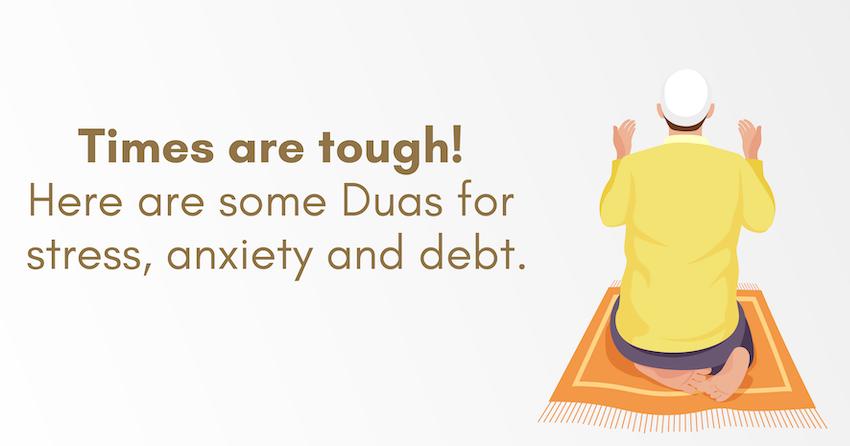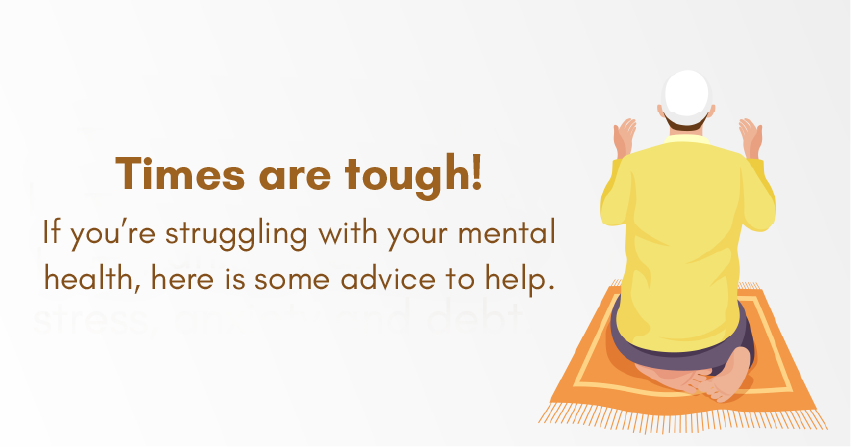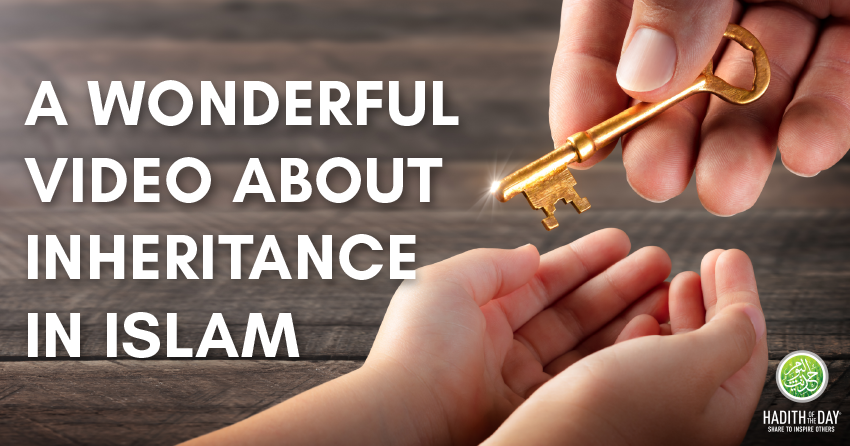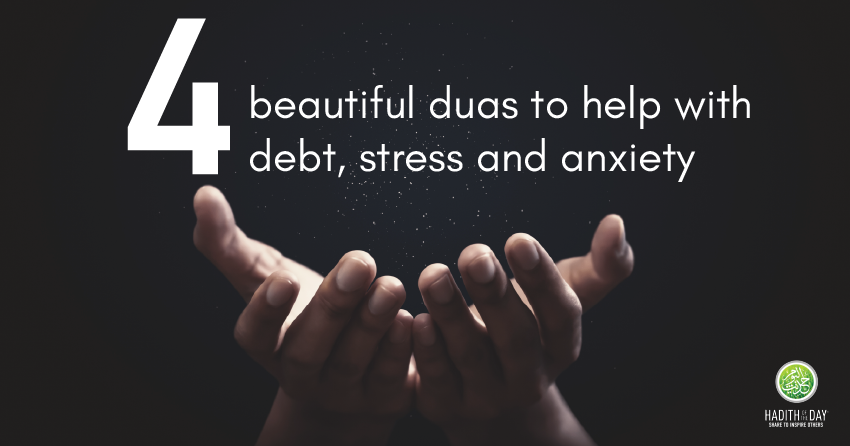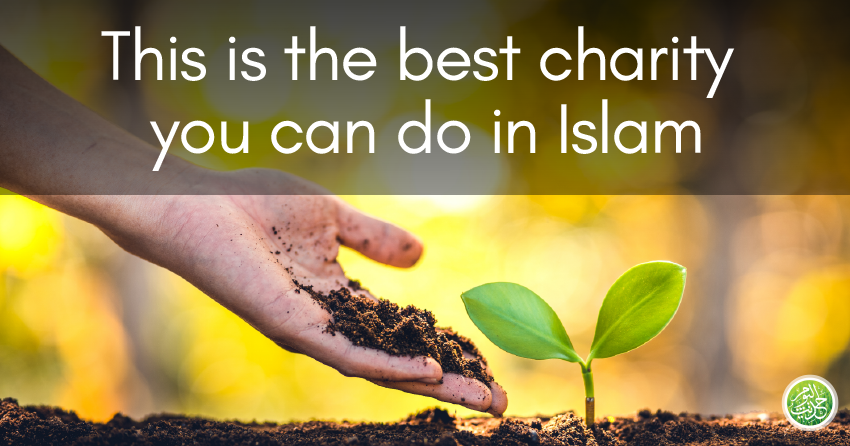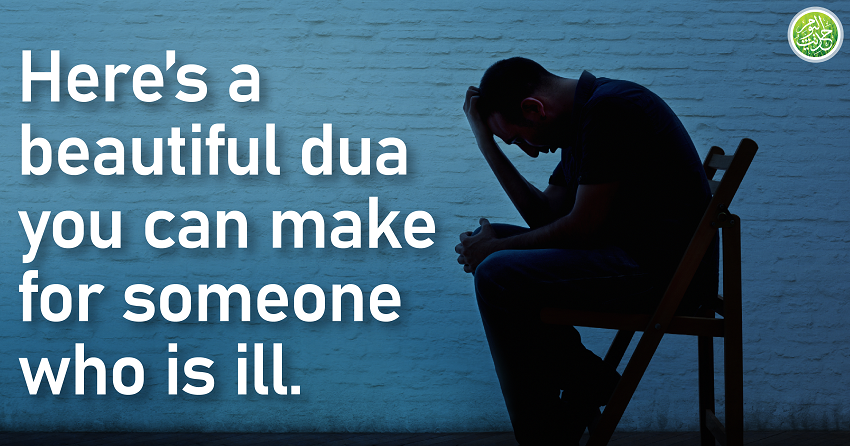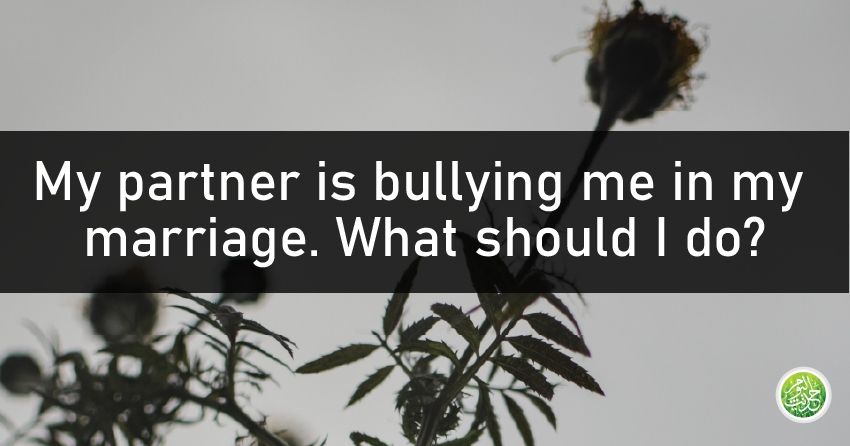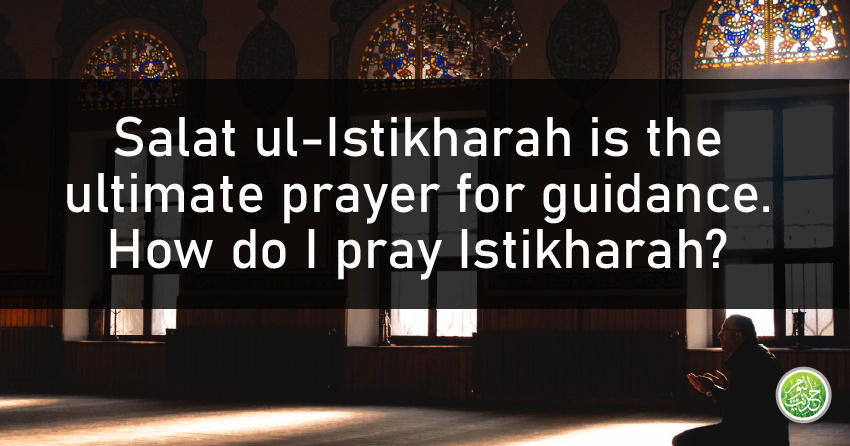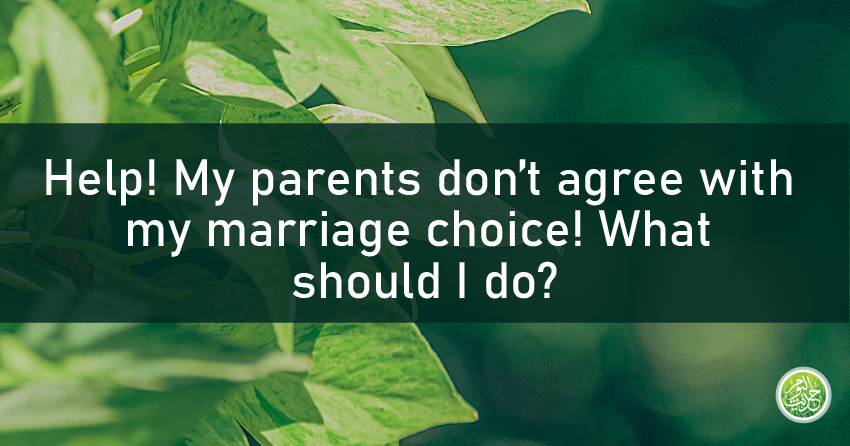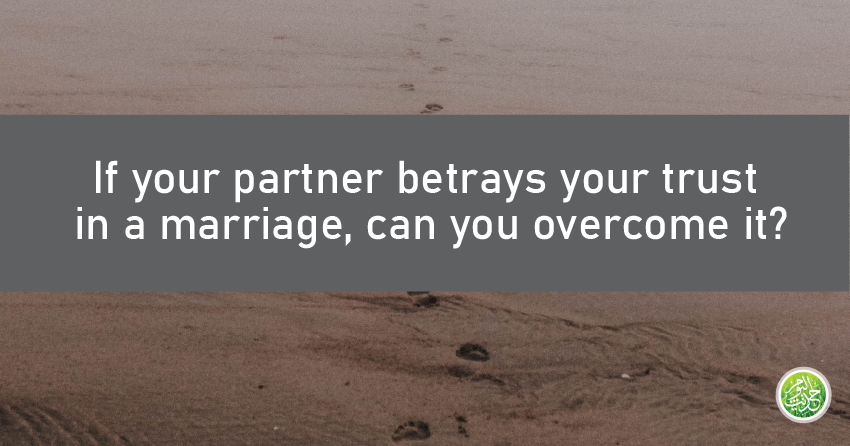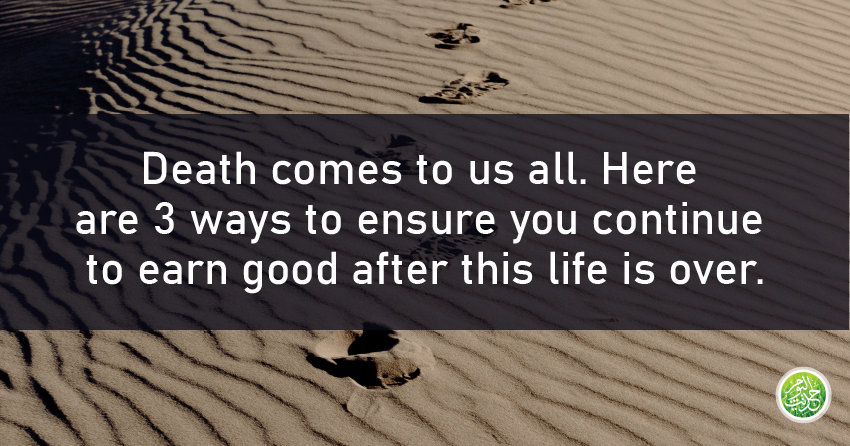A Few Things Every Prospective Hajji Should Know
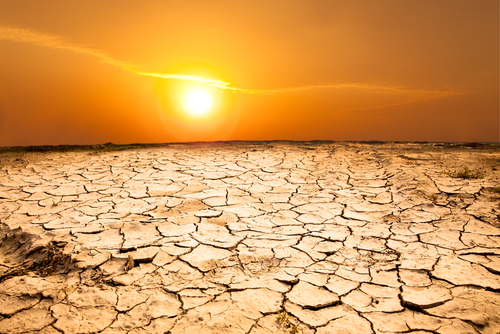
By Hajja Saira
Hajji [‘haj-jee] (col.) noun 1. someone who performs the act of Hajj (Pilgrimage). 2. a title given to someone who survived Hajj
Introduction
Welcome, prospective Hajji, to a unique journey. This journey is an invitation from your Lord to visit His House and engage in one of the most illustrious acts of worship. He picked you out of millions of people to travel across the world and ask for forgiveness in the best place on Earth. Your mission, should you choose to accept it, is to work on making your Hajj accepted by Allah subhanahu wa ta’ala (exalted is He). This means that you fulfill all the requirements and avoid all the actions that nullify Hajj such that you come back home purified from all sins.
You’ve heard it before: Hajj is a beautiful journey. But this journey is a struggle. It is said the greatest physical struggle for a woman is to complete Hajj. Like any journey, being prepared in advance will help to maximize the experience and to deal with challenges. I compiled advice from different friends and experienced hajj veterans to help future Hajjis prepare physically, mentally and spiritually.
Hajj stories are very diverse—some have scary stories (don’t ask too much about the bathroom situation) while others have some hilarious moments or a few depressing encounters. Understand that every Hajj experience is different but the goal is the same. Please keep in mind that you will get advice from different people who have different goals and values. Take what you feel matches your own values. For instance: I like to prepare for things as much as I can in advance—therefore I will buy all the things I need in the U.S. instead of hunting down things last minute in Makkah/Madina. I also dislike waste and like to economize—so I prefer taking a few used items from family/friends instead of buying everything new. I also like to give away non-essential items to needy people in Mina. I prefer to use natural medicines before going to regular meds, however I made an exception during Hajj in order to minimize risks and because Hajj requires a lot of energy.
Overall, a balanced approach and positive attitude will be your best friends during this trip. The ingredients of a successful Hajj are preparation before the journey, extra patience during the trip, and sincere effort towards improving yourself after the journey. As you keep the following steps in mind, remember to continuously ask Allah (swt) to help you in the journey. He can make the difficult easy and without His help we are lost.
Step 1: Physical Prep
- Get in shape. You will walk, walk and walk some more. Some people recommend walking regularly in the weeks before Hajj to build endurance.
- Boost your immunity. Travelling from the U.S. takes a huge toll: long plane rides, layovers, and a wait anywhere from 2 – 12hrs at the Jeddah airport. So indulge in fruits and veggies while in the U.S., especially those rich in antioxidants. Stay away from sick people as best as you can during the trip. One friend started taking a teaspoon of honey regularly in her tea. A few people wore a surgeon’s mask throughout the trip. Although it may seem mean, don’t share your water bottles or share prayer mats. You might still get sick, but take whatever precautions you can.
- Pace yourself upon arrival. Try to balance between resting and making the most of your time in Makkah and Madina. You don’t want to wear yourself out before going to Mina, but at the same time you want to earn good deeds in the first 10 days of Dhul Hijjah.
- Preventive care. Take medicine as soon as you feel sick, but avoid taking antibiotics unless or until you have been diagnosed with a bacterial infection. Ricola cough drops are excellent. It is a good idea to take several packs because people will ask you for some. Everyone gets the ‘Hajj cough’. Use lemon, honey, orange juice, etc. Take Vitamin C supplements regularly during the trip—don’t wait till you get sick to start this!
- Gather your supplies. Make a list before travelling so that you don’t forget anything. Make a specific list for the days of Hajj before you leave for Mina (i.e. stuff you will pack in your backpack)
- Take your ‘worship tools’ to use during the waiting time. A lot of times people find themselves without anything to do during the long stretches. Come prepared with a Qur`an, seerah (biography of the Prophet ﷺ, peace be upon him) book, or dhikr (remembrance/prayer) beads.
- Write down a few du`a (supplications) for yourself that you can memorize or repeat frequently. Sometimes you will be too tired to remember so keep a small notebook on hand. Also, you can write down some notes or reflections that will help preserve the experience.
- Stay energized. You need to keep hydrated—drink Zamzam (water from the well of Zamzam in Mecca) but also take snacks and energy bars. Some programs do not serve lunch so healthy snacks will help hold you till dinner. If you don’t like the food at the hotel, don’t complain. There are plenty of places to eat at the malls and hotels. Avoid anything that doesn’t seem clean and anything that you know makes your stomach upset.
Step 2: Mental Prep
- Know the requirements of performing Hajj. You don’t want to waste this trip by missing something important. Attend the workshops in your area and/or read a book. Then review the information before you get to Mina. As a first time Hajji it’s natural to be unfamiliar with the rites, so ask scholars in the group.
- Know what to expect and set the expectations. Hajj is the journey of a lifetime; but at the same time you might face things that are upsetting. Sadly, I encountered a lot of trash and garbage thrown all over the place in Mina. The bathroom situation is another story. Expect squatter toilets and learn to use them. If used correctly it can be sanitary and easier to use then regular toilets.
- Strategize. A few tricks will help you maximize your time. For example, when going to pray at the rawdah in the Prophet’s masjid there are designated times for women. Head towards the rawdah area towards the end of the time allotted and try to be in the last group praying. You won’t feel as hassled because there is nobody coming behind you. Also, there are air-conditioned areas in the Haram (area around the Ka`bah) in Makkah on the first and second floor (enter through King Fahd entrance and stay on the left). Plan on praying/sitting there during the hottest part of the day. Since the time between Maghrib (post-sunset prayer) and `Isha (night prayer) is short, it’s a good idea to stay at the Haram between those prayers. That way you won’t struggle for a spot inside. One local student gave us this awesome tip: Make sa’i (the walk between the hills of Safa and Marwa) on the 4th floor roof extension area, which is usually empty and has a wonderful view during Fajr (pre-dawn prayer) time.
- Don’t be cheap. You will see a lot of the poor and the elderly. Help them as much as you can and be generous. Don’t haggle with store keepers over small amounts. At the same time be cautious of theft and being ripped off by taxi drivers. As in any big city there are opportunists, so be cautious of your money and personal items. Keep your shoes in a plastic bag with you at all times. Side point: don’t take a camera or camera phone into the Prophet’s masjid (for women, there are female guards who will frisk you before letting you in).
- Get in the right mindset by surrendering yourself to Allah (swt). You are going on Hajj, which is not a vacation in a 4 star hotel. You will be tested in different ways so remind yourself to be patient and not to complain. You are invited as Allah’s guests so use the correct manners that a guest should have. As a bonus, try to catch yourself before reacting negatively to a test by acknowledging that that what is making you upset is the test.
- Remember why you are here: to complete Hajj and go back home. You are not here to change the Saudi government or fix the ignorance of the ummah (community). You are not here to argue with different people about who is right and wrong. You might need to develop a mantra or phrase to remind yourself. A few people would remind themselves saying, “La jidaal,” or “No arguing,” if they started to get annoyed with a spouse, family member, or random uncle in the group.
- Don’t compare your group to other groups. It’s very easy to get caught up in what other people ate or what their tents were like. Avoid going down that road and remind yourself that everyone’s test will be different and no one has a problem-free Hajj. Focus on yourself, make incessant talbiyah [Labbayk Allahuma labbayk—I respond to Your call O Allah, I respond to Your call], and embody your submission to Allah (swt).
- Minimize the distractions. This is one of the biggest struggles. There is a lot going on and sometimes it will be hard to focus. Try to set goals for yourself before the trip so you know what to work on. I saw many people complete the Qur`an in a few short weeks. Plan on getting to the Haram extra early if you want to pray inside.
- Avoid getting into debates about different opinions and madhabs (schools of thought). Decide on what you are going to follow beforehand and don’t get confused when people tell you that your Hajj won’t be accepted. People find themselves waiting a lot and start to discuss these issues that end up creating confusion or hostility. Follow your group leader who is experienced and let others follow their leaders.
- Stick together and find an experienced person to follow. This may seem obvious but a buddy system will help prevent you from getting lost. An experienced Hajji is full of tips and will make some of the rites easier to perform (such as the best time to throw stones and which area is easier to start from).
- Keep calm with your roommates and carry on. If you are sharing a room with other people in Makkah or Madina take some earplugs or eye covers to help you get rest. You might be paired with a roommate that can be a test for you—just try to take things in stride and avoid getting upset or frustrated with the person. If you are annoyed, try to do nice things for the person and make du`a’ for that person and yourself.
- Use the full day of Arafah for worship—not just the time after Asr (late afternoon prayer). Many people fall into this trap and spend time sitting, eating and talking on the most important day of Hajj and only start making du`a’ after `Asr. Separate yourself from people and focus on seeking forgiveness. The Prophet ﷺ used to make du`a’ the entire day and intensified the supplication after `Asr. The same thing applies after Arafah when people revert to their old habits and lose focus while they are still on Hajj! Continue to keep yourself busy with reading, remembrance, and extra worship. Side point: plan to avoid the bathrooms at Muzdalifah. Eat/drink accordingly and use the bathrooms in Arafah beforegetting on the bus to Muzdalifah.
- An experienced Hajji advised: “Treat tawaf (walking 7 times around the Ka`bah) like prayer and strive for khushoo’[concentration].” The virtue of tawaf is well known: it is recommended to perform tawaf in the Haram before praying 2rakahs (units of prayer) as the ‘greeting’ of the masjid! One idea is to pick different du`a’ or prayers for each round, or to pick the first round for seeking forgiveness, the second round for making du`a’ for the community, etc. Performing tawafcan be a struggle given all the distractions. Try to avoid congested areas and the 2nd floor wheelchair drivers (who go fast and end up hitting peoples’ ankles). One recommendation is to avoid the first and second floor and only make tawafand sa’i on the relatively un-crowded rooftop.
- Ask Allah for help. This advice was given by an elderly woman sitting in the Prophet’s ﷺ masjid. She said to alwaysstart your actions by asking Allah (swt) to help you. Allah (swt) can make anything happen—all we need to do is ask.
Step 3: Spiritual Prep
This important aspect tends to be ignored since many people focus on the external actions of Hajj and then focus on trying to survive the trip. If you make this a priority ahead of time by taking a few steps to prepare then the struggle can be spiritually uplifting and rewarding.
- Get into a spiritual state of mind. The Hajj rites are more than walking and waiting, Hajj is an intense act of worship that has spiritual significance. Hajj is not just a physical journey but a surrendering of the heart to Allah (swt) with absolute submission. You will give up everyday comforts (even personal hygiene!) for a few short days as you purify the soul. Print the articles out and share with roommates.
- Evaluate yourself before leaving for Hajj. Really take yourself to account. As one experienced Hajji stated, “Look at your personal weaknesses and flaws. Make tawbah (repentance) for all the sins you are committing and all the weaknesses you have. Do not go to Hajj with the intention of continuing on any known sin when you return. Your intention needs to be that you will discontinue it and fight it. This is very important. Hajj is not something a person does many times—so make sure you receive the full reward for completing it. Do not risk an unaccepted Hajj.” She also emphasized, “Don’t let the spirit of the group affect your spirit. If people on the bus are talking and socializing and you feel like doing the talbiyah then go ahead and start instead of wondering why others aren’t.”
- Keep good companionship during the trip. I was blessed to have good friends as roommates during my journey. You might observe different types of people in your group: the complainers, the chit-chatters, the Debby-downers, etc. If you feel distracted then keep to yourself since you don’t want the negativity to rub off and affect your experience. Make a pact with yourself that you will come back from Hajj and keep the complaints to yourself. There might be things that you don’t like but you will hold those complaints in your heart and share constructive criticism with the group organizer. Good friends will remind you and support you in this goal. Optimism is contagious!
Conclusion
Even as you prepare for the journey of a lifetime, keep in mind that unexpected events will probably occur. Every year is different and every person’s experience is different. Savor the new experiences and focus on the positives. Yes, you will see strange and rude actions and plenty of ignorance. But you will also see grown men shed tears while gazing at the House of Allah (swt) and pleading for mercy and forgiveness. You will see millions of people unite from all corners of the world for one purpose alone: to fulfill the obligation of Hajj and surrender before their Creator. Reflecting on these facts creates a deep respect for our religion. How amazing is the call to prayer which transforms the chaotic amblings of millions of people into perfectly circular lines within the span of a few minutes? How amazing is our faith that pushes people to struggle and give up basic comforts because of a sincere desire to please their Lord? Revel in the voices chanting in unison, marching onward with a single hope, and with a bond that overcomes all walks of life. Witness the power of submission and obedience and how it transforms tired pilgrims into an army of the faithful.
Lastly, as one Hajji said, “Always keep in mind that Hajj is a test. You can prepare yourself as much as possible but nothing [completely] prepares you for the reality of the experience. You will experience highs and lows. There will be moments of great awe as well as moments of great frustration. Pack a bag of patience!”
Although Hajj is deemed as the journey of a lifetime, for many it will be a turning point and the beginning of the journey back to their faith. For a few people, Hajj will be an ongoing journey as they come back home and try to implement lessons in patience, physical sacrifice, and complete submission. As one scholar advised, “Take your Hajj back home with you. Be in your life as you were on Hajj.”
May Allah bless your Hajj and accept all our good deeds. May Allah make things easy for you and allow you to come back safely.
If you found this advice beneficial, please feel free to share with others and make du`a’ for all the Hajj veterans who shared their experiences.
Hajj Travel Checklist
This is a list to take to Saudi. Everything is available there so don’t fret if you forget anything. A few things are specifically for rites of Hajj and should be packed when you go to Mina.
Medicines
- Prescription medicine
- Small amount of Advil and Tylenol
- Aleve (for muscle swelling or headaches)
- Small container of petroleum jelly (Vaseline)
- Cough drops (Riccola brand is great. Bring a lot. Cough drops with honey is a bonus.)
- Vitamin C (Tablets or powder such as Airborne)
- Bengay (or other muscle rub)
- Pepto-Bismol and/or Immodium
- Small travel-size First-Aid kit
- Unscented chapstick with SPF
Toiletries
- Shampoo/Soap/Deodorant/Sunscreen/Cream (to use while not in ihram [state of purity])
- Unscented soap
- Toothbrush
- Toothpaste
- Disposable razors/nail cutter/small scissors (pack in suitcase since they are not allowed on the plane)
- Several packs of tissues
- Miswaak (you can obtain in Saudi)
- Unscented antibacterial hand sanitizers (to use in ihram)
- Toliet paper (2 rolls)
Personal Items
- Ihram clothes
- Several pairs of thick socks (black)
- 1 cloth bag with shoulder strap (to place your small items when going to the Haram)
- Waist Pouch/Money Belt
- Slippers (Teva or Crocs or any other flip flops)
- Earplugs/eye cover (if you are a light sleeper)
- Extra pair of glasses
- Small Qur`an
- 7 beads on a string (to keep track of Tawaf/Sa’i)
- Pen/Pencil
- Notebook
- Prayer rug
- Towel (to use while living in apt buildings)
- One sheet or sleeping bag (old one that you can leave there)
- Backpack (to pack things for stay in Mina)
- Travel Alarm Clock/Watch
- A few zip lock bags
- DC/AC electric convertor (for any gadgets like camera/phone)
Books and Documents
- Hajj and Umrah Made Easy
- Salaat & Salaam
- Accepted Whispers
- Prayers for Forgiveness
- Inner Dimensions of Hajj (notes by Sh. Mokthar)
- Your personal du`a’ list
- Photocopy/picture of your passport page
Miscellaneous
- Lots of Energy/Protein/Granola bars/snacks (take some extra to share with roommates)
Proudly brought to you by Suhaib Webb. Learn more here.
Since You’re Here… we have a small favour to ask.
In these extraordinary times, millions rely on HOTD for daily uplifting & inspiring content. Established since 2009 and with your kind support we’ve seen readers elevate their Imaan & strive for better on a daily basis. We’re committed to keeping our content freely available and open for all readers. Every contribution, however big or small, makes a difference and help us spread knowledge to millions daily
HOTD is something special, it’s a place where people can come to be inspired, to renew their faith, to learn and share knowledge, to fall in love with our faith and also our Prophet (peace and blessings be upon him and his family).
All content on HOTD is free. We believe what we do in this life builds for the next one and we work tirelessly with the aim to please Allah and inspire the global Muslim community as
well as providing information and inspiration for anyone interested in Islam. We simply cannot do this without your support and your support helps us continue our services.
If there were ever a time to join us, it is now. You can support HOTD and help sustain our future. Support Hadith of the Day and make a one-off donation or give regularly from as little as £10 a month Jazak’Allah Khayr – whatever you donate will come back to benefit you Insha’Allah as whatever is spent in the way of Allah is an investment in the future and the next life. Thank you.



